Photo
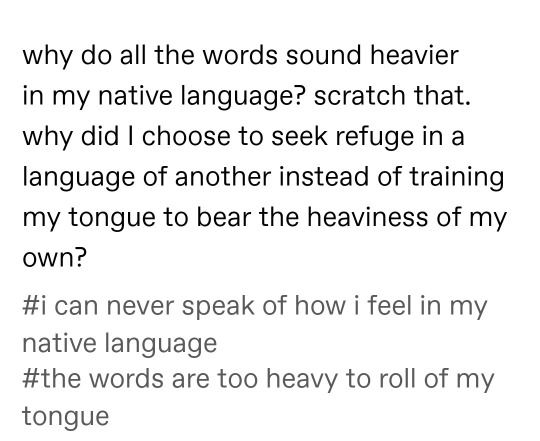
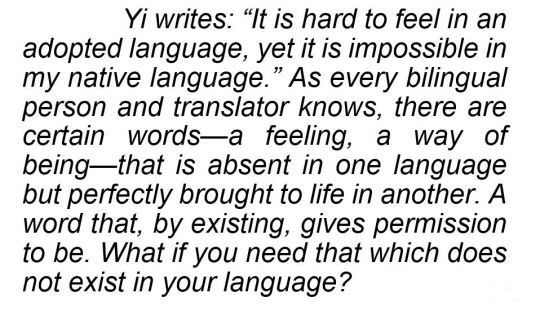
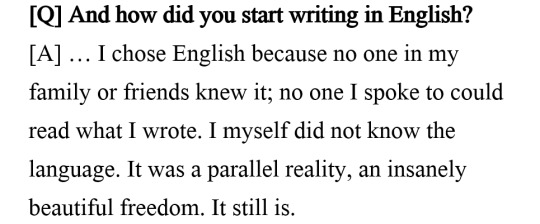
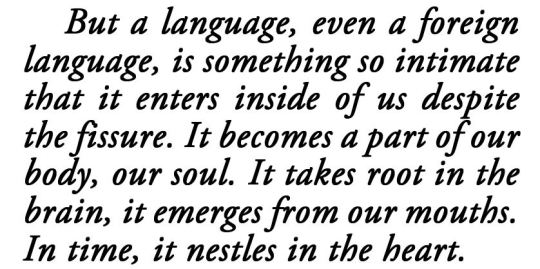
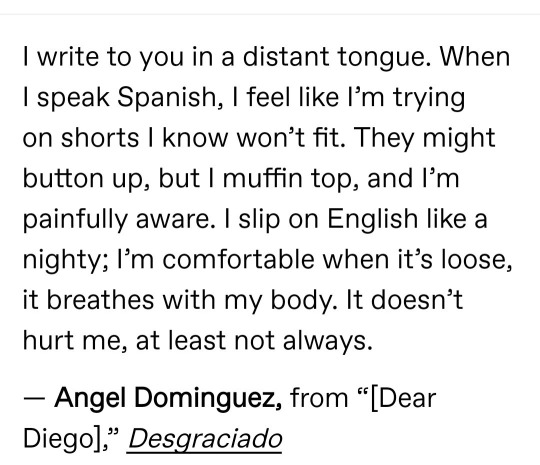
why do all the words sound heavier in my native language?
— @metamorphesque, Yoojin Grace Wuertz (Mother Tongue), Still Dancing: An Interview With Ilya Kaminsky (by Garth Greenwell), Jhumpa Lahiri (Translating Myself and Others), @lifeinpoetry
˗ˏˋ☕ˎˊ˗
35K notes
·
View notes
Text




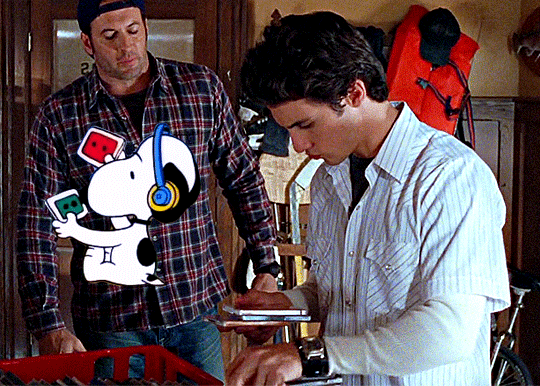
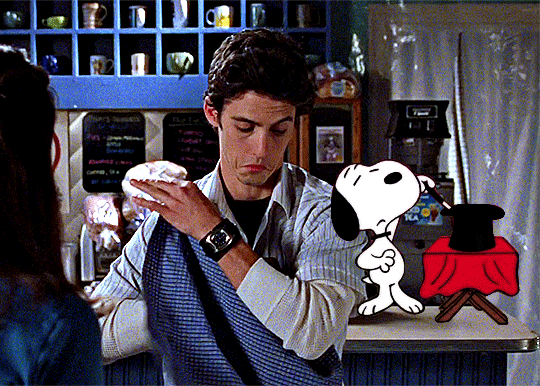


JESS MARIANO + SNOOPY (x,x)
571 notes
·
View notes
Text
god didn't give me a dick because i would read poems & get hard and then everyone would be mean to me
19K notes
·
View notes
Text

― Sylvia Plath, The Unabridged Journals of Sylvia Plath
12K notes
·
View notes
Text


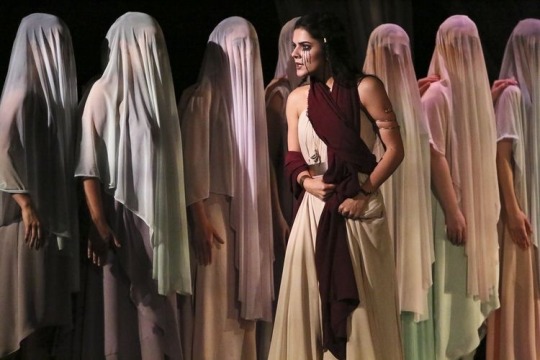

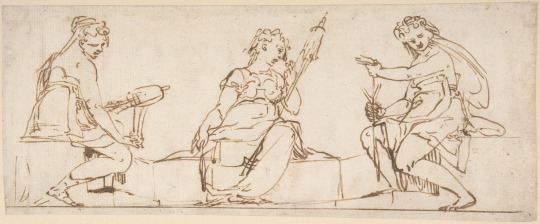




“the ending is always the same”
war of the foxes - richard silken / waterloo - ABBA / euripides’ medea - the little theatre / anne carson / the three fates - luca cambiaso / the oresteia - aeschylus / road to hell II - hadestown / when i met you - mira lightner / andersen’s fairy tale anthology
18K notes
·
View notes
Text
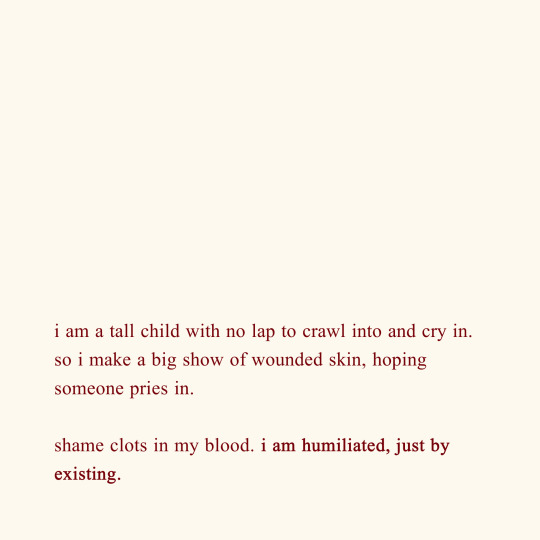
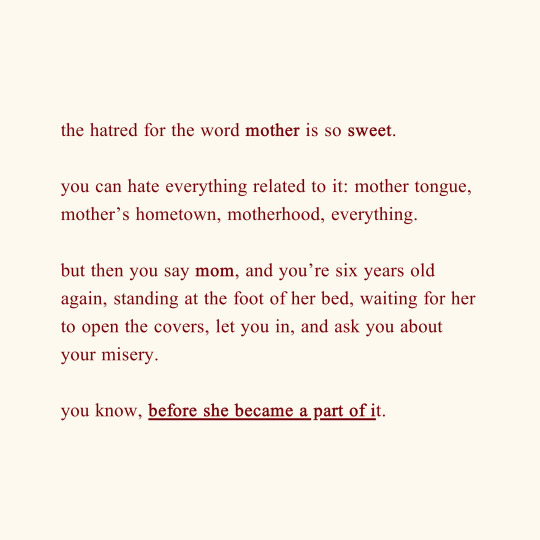

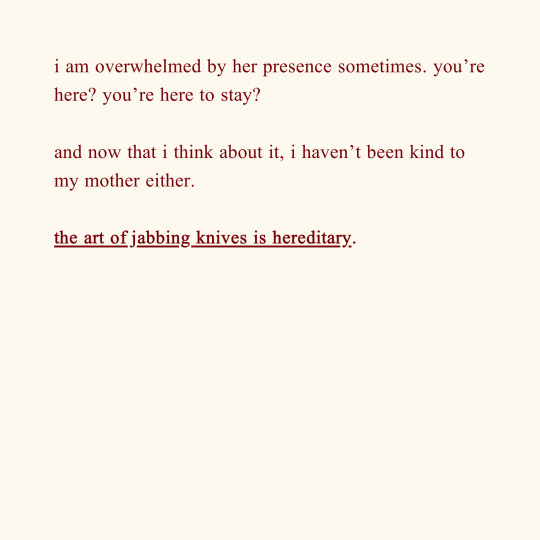
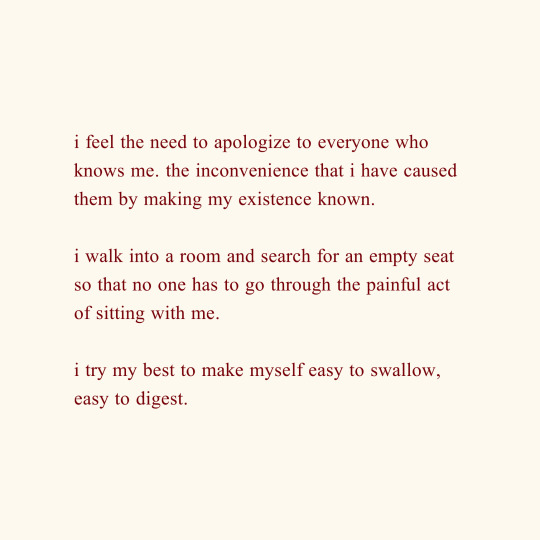
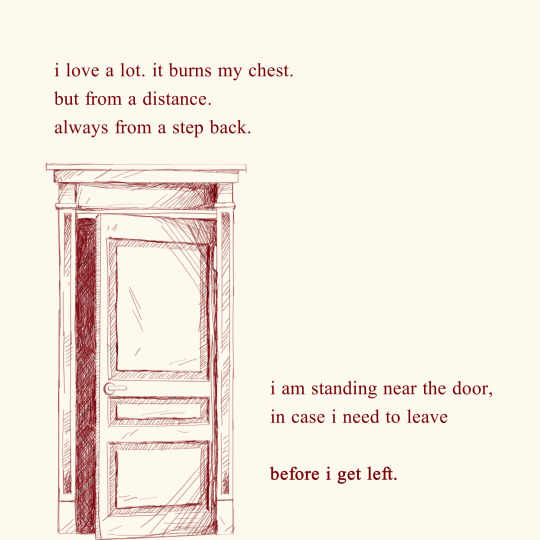
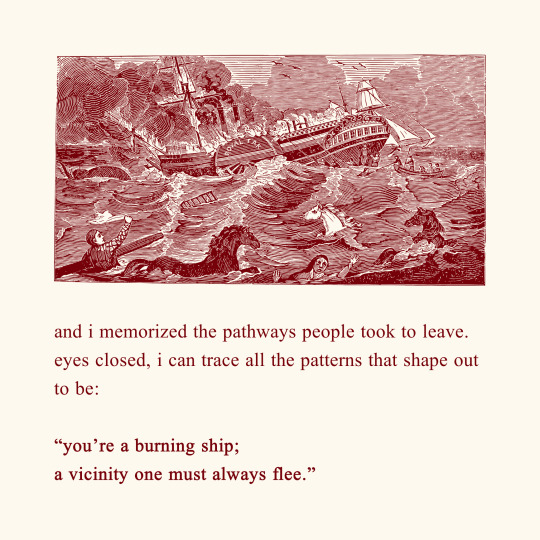

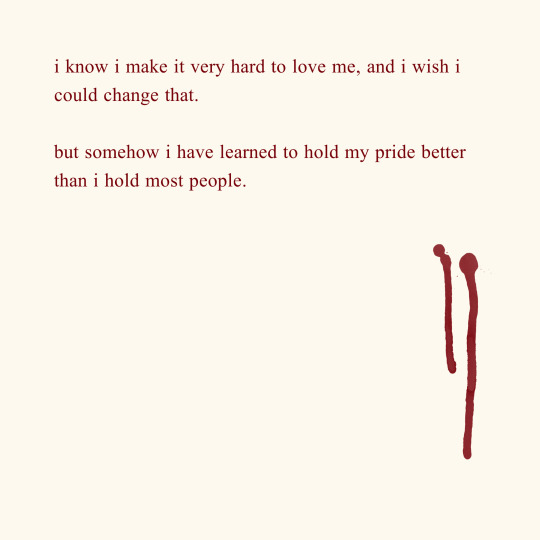
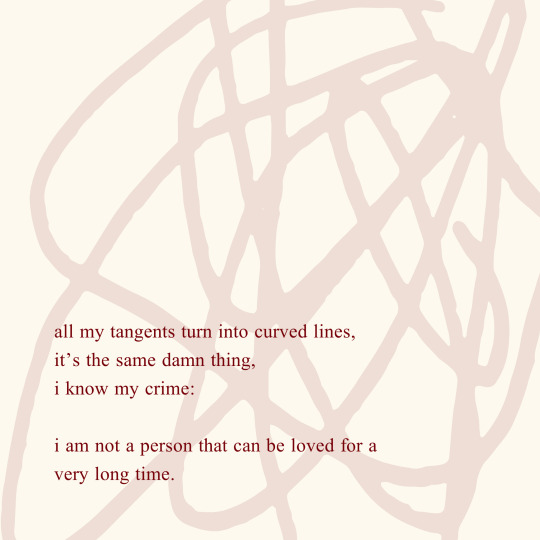
fatima aamer bilal, from i mother it the absence of her, iii. i am not a person that can be loved for a very long time excerpt from moony moonless sky.
10K notes
·
View notes
Text

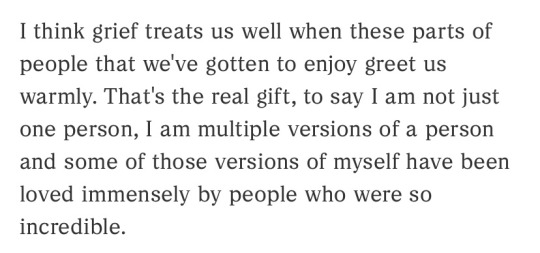
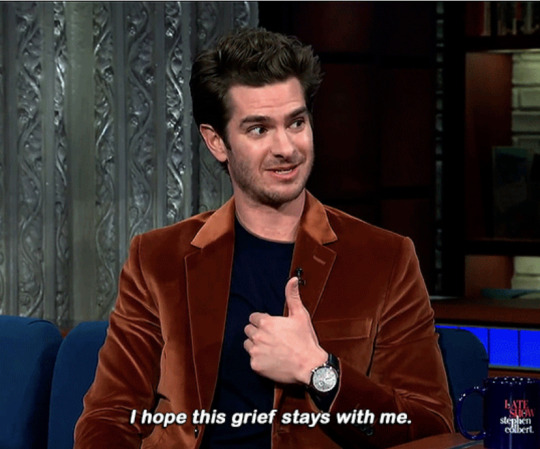
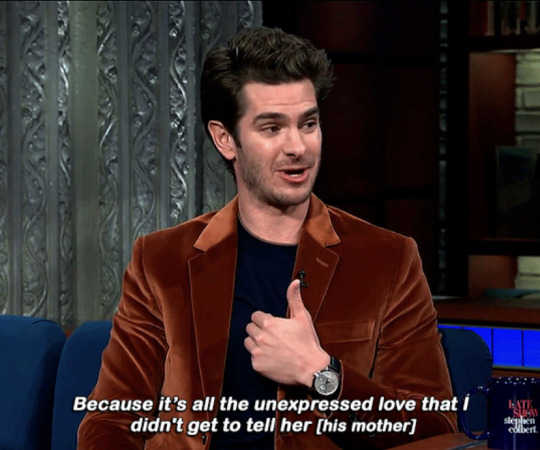
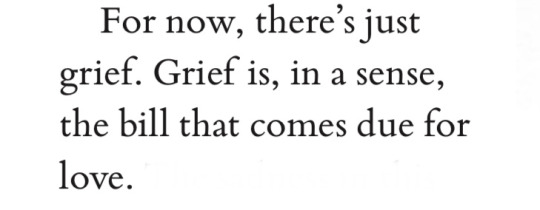
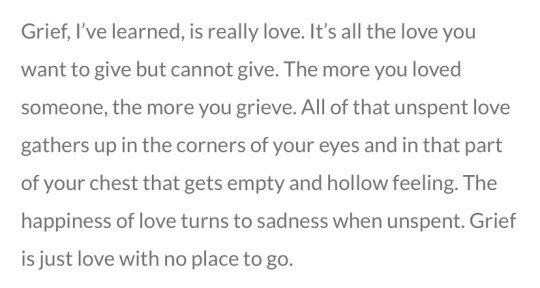
ocean vuong / george saunders / andrew garfield / hanif abdurraqib / jamie anderson
56 notes
·
View notes
Text

― Fyodor Dostoyevsky, The Gentle Spirit
21K notes
·
View notes
Text





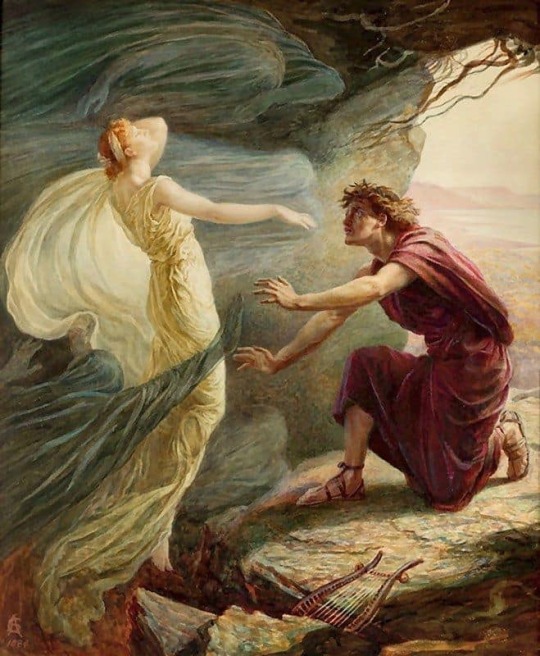


slaughter-house five - kurt vonnegut / orpheus and eurydice - catharine adelaide sparkes / user sawasawako / orpheus mourning the death of eurydice - ary scheffer / metamorphoses - ovid / orpheus and euridice - enrico scuri / talk - hozier / orpheus and eurydice - michel martin drolling
5K notes
·
View notes
Text
In the past I've shared other people's musings about the different interpretations of the myth of Orpheus and Eurydice. Namely, why Orpheus looks back at Eurydice, even though he knows it means he'll lose her forever. So many people seem to think they've found the one true explanation of the myth. But to me, the beauty of myths is that they have many possible meanings.
So I thought I would share a list of every interpretation I know, from every serious adaptation of the story and every analysis I've ever heard or read, of why Orpheus looks back.
One interpretation – advocated by Monteverdi's opera, for example – is that the backward glance represents excessive passion and a fatal lack of self-control. Orpheus loves Eurydice to such excess that he tries to defy the laws of nature by bringing her back from the dead, yet that very same passion dooms his quest fo fail, because he can't resist the temptation to look back at her.
He can also be seen as succumbing to that classic "tragic flaw" of hubris, excessive pride. Because his music and his love conquer the Underworld, it might be that he makes the mistake of thinking he's entirely above divine law, and fatally allows himself to break the one rule that Hades and Persephone set for him.
Then there are the versions where his flaw is his lack of faith, because he looks back out of doubt that Eurydice is really there. I think there are three possible interpretations of this scenario, which can each work alone or else co-exist with each other. From what I've read about Hadestown, it sounds as if it combines all three.
In one interpretation, he doubts Hades and Persephone's promise. Will they really give Eurydice back to him, or is it all a cruel trick? In this case, the message seems to be a warning to trust in the gods; if you doubt their blessings, you might lose them.
Another perspective is that he doubts Eurydice. Does she love him enough to follow him? In this case, the warning is that romantic love can't survive unless the lovers trust each other. I'm thinking of Moulin Rouge!, which is ostensibly based on the Orpheus myth, and which uses Christian's jealousy as its equivalent of Orpheus's fatal doubt and explicitly states "Where there is no trust, there is no love."
The third variation is that he doubts himself. Could his music really have the power to sway the Underworld? The message in this version would be that self-doubt can sabotage all our best efforts.
But all of the above interpretations revolve around the concept that Orpheus looks back because of a tragic flaw, which wasn't necessarily the view of Virgil, the earliest known recorder of the myth. Virgil wrote that Orpheus's backward glance was "A pardonable offense, if the spirits knew how to pardon."
In some versions, when the upper world comes into Orpheus's view, he thinks his journey is over. In this moment, he's so ecstatic and so eager to finally see Eurydice that he unthinkingly turns around an instant too soon, either just before he reaches the threshold or when he's already crossed it but Eurydice is still a few steps behind him. In this scenario, it isn't a personal flaw that makes him look back, but just a moment of passion-fueled carelessness, and the fact that it costs him Eurydice shows the pitilessness of the Underworld.
In other versions, concern for Eurydice makes him look back. Sometimes he looks back because the upward path is steep and rocky, and Eurydice is still limping from her snakebite, so he knows she must be struggling, in some versions he even hears her stumble, and he finally can't resist turning around to help her. Or more cruelly, in other versions – for example, in Gluck's opera – Eurydice doesn't know that Orpheus is forbidden to look back at her, and Orpheus is also forbidden to tell her. So she's distraught that her husband seems to be coldly ignoring her and begs him to look at her until he can't bear her anguish anymore.
These versions highlight the harshness of the Underworld's law, and Orpheus's failure to comply with it seems natural and even inevitable. The message here seems to be that death is pitiless and irreversible: a demigod hero might come close to conquering it, but through little or no fault of his own, he's bound to fail in the end.
Another interpretation I've read is that Orpheus's backward glance represents the nature of grief. We can't help but look back on our memories of our dead loved ones, even though it means feeling the pain of loss all over again.
Then there's the interpretation that Orpheus chooses his memory of Eurydice, represented by the backward glance, rather than a future with a living Eurydice. "The poet's choice," as Portrait of a Lady on Fire puts it. In this reading, Orpheus looks back because he realizes he would rather preserve his memory of their youthful, blissful love, just as it was when she died, than face a future of growing older, the difficulties of married life, and the possibility that their love will fade. That's the slightly more sympathetic version. In the version that makes Orpheus more egotistical, he prefers the idealized memory to the real woman because the memory is entirely his possession, in a way that a living wife with her own will could never be, and will never distract him from his music, but can only inspire it.
Then there are the modern feminist interpretations, also alluded to in Portrait of a Lady on Fire but seen in several female-authored adaptations of the myth too, where Eurydice provokes Orpheus into looking back because she wants to stay in the Underworld. The viewpoint kinder to Orpheus is that Eurydice also wants to preserve their love just as it was, youthful, passionate, and blissful, rather than subject it to the ravages of time and the hardships of life. The variation less sympathetic to Orpheus is that Euyridice was at peace in death, in some versions she drank from the river Lethe and doesn't even remember Orpheus, his attempt to take her back is selfish, and she prefers to be her own free woman than be bound to him forever and literally only live for his sake.
With that interpretation in mind, I'm surprised I've never read yet another variation. I can imagine a version where, as Orpheus walks up the path toward the living world, he realizes he's being selfish: Eurydice was happy and at peace in the Elysian Fields, she doesn't even remember him because she drank from Lethe, and she's only following him now because Hades and Persephone have forced her to do so. So he finally looks back out of selfless love, to let her go. Maybe I should write this retelling myself.
Are any of these interpretations – or any others – the "true" or "definitive" reason why Orpheus looks back? I don't think so at all. The fact that they all exist and can all ring true says something valuable about the nature of mythology.
23K notes
·
View notes
Text

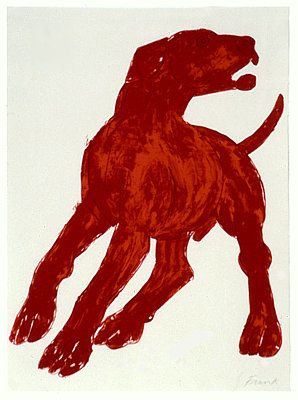


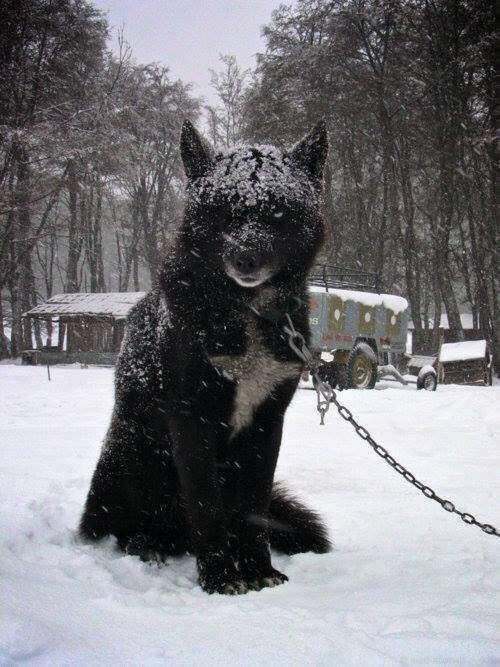


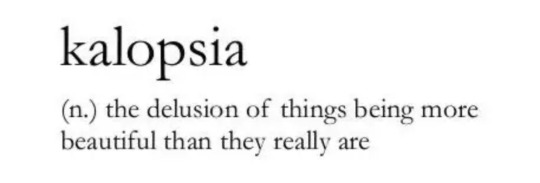
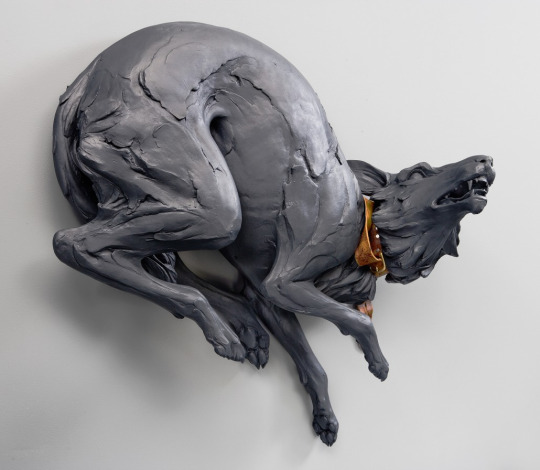


nothin' quite like how a dog loves
let dead dogs lie - silas denver melvin // red dog - elizabeth frink // how to be a dog - andrew kane // domestication syndrome - dhole b // no origin found // for your own good - leah horlick // pleasure - beth cavener // it will come back - hozier // i am a dog. i have blood all over my teeth. - uhode // same poem as directly previous
31K notes
·
View notes
Text


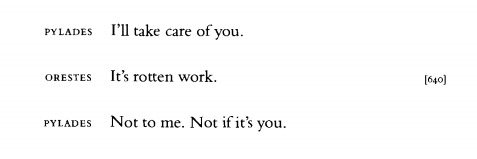

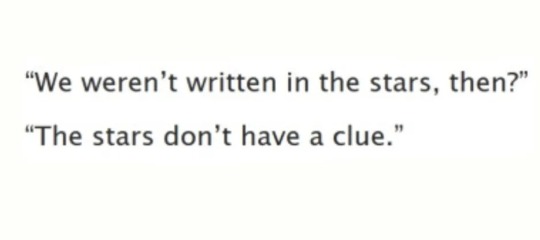
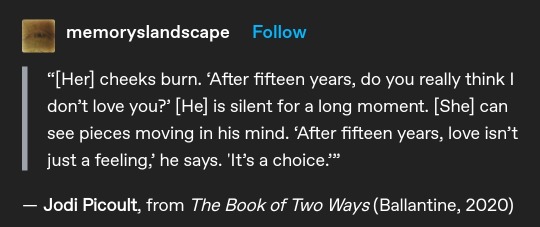


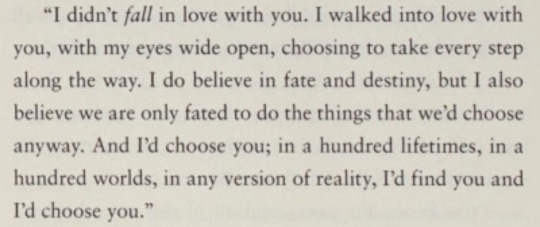
ON PURPOSE, I'M GOING TO LOVE YOU ON PURPOSE
Jenny Slate // Casey McQuiston, Red, White & Royal Blue // Pleiades, Anne Carson // Taylor Jenkins Reid, The Seven Husbands of Evelyn Hugo // @oriley42 and @earth167 (and a half) on Tumblr // Jodi Picoult from The Book Of Two Ways // The Night Vale, Episode 100, The Toast // Adam Melchor, I Choose You // Kierston White, The Chaos of Stars
41K notes
·
View notes
Photo

Old Books with Cat, Barcelona, Photo by Francesc Català-Roca, 1953
39K notes
·
View notes
Text


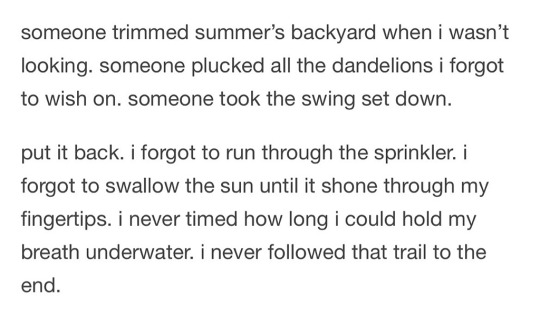
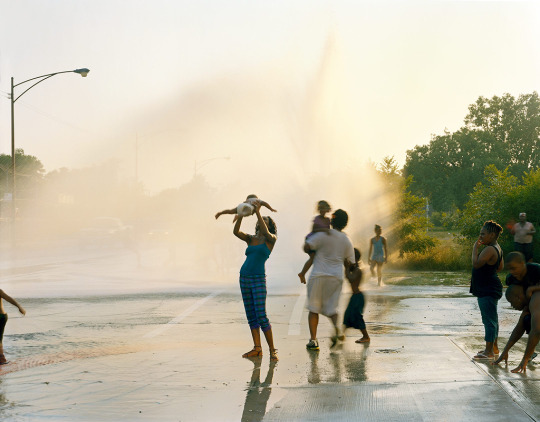

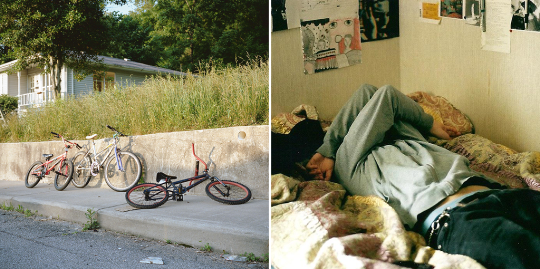
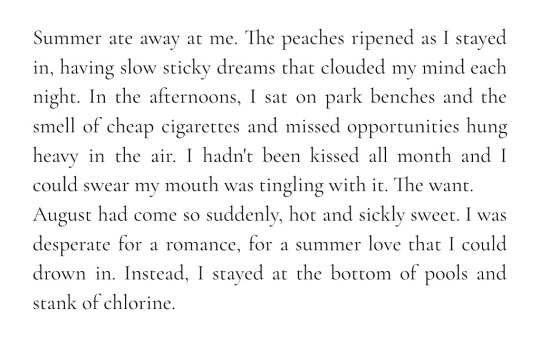






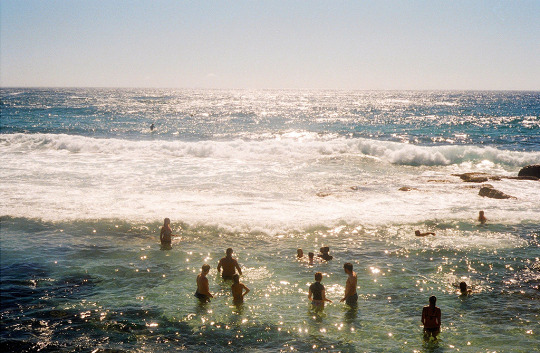
AUGUST: THE TRUE ENDING OF A YEAR
unknown / @nobodysflower / paul d'amato / mary oliver / @gaycommunist / justine kurland / @sioltach / alida nugent / raymond carver
17K notes
·
View notes

